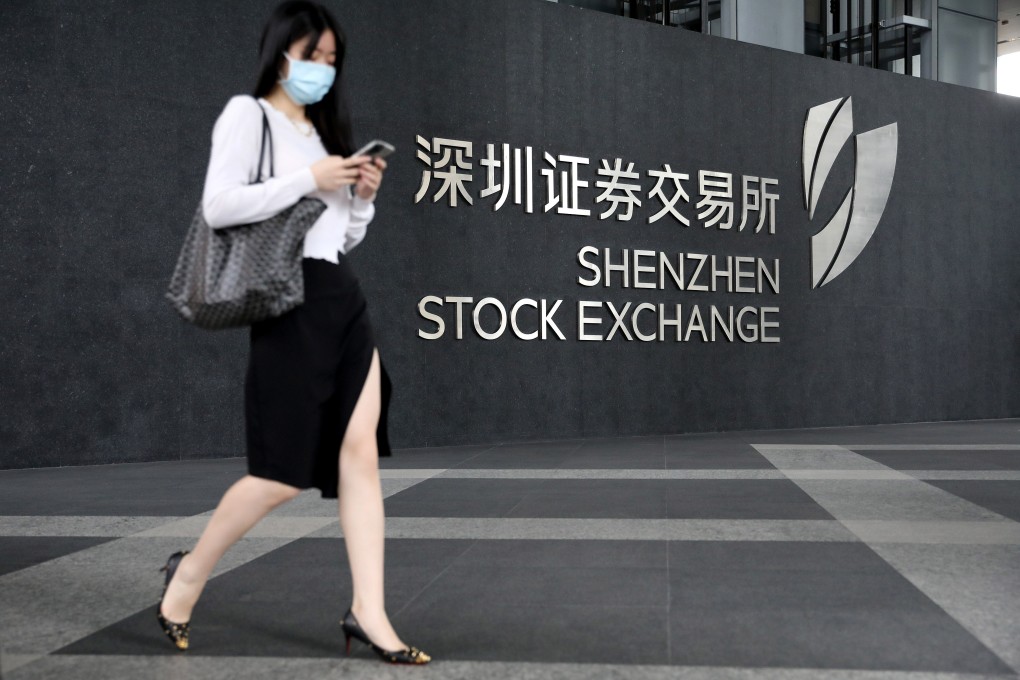Hong Kong investors gain access to US$89.6 billion in China-based ETFs as expansion of Stock Connect scheme kicks in
- The ETF Connect is being hailed as part of a “gift package” that marked the 25th anniversary of the city’s handover to Chinese sovereignty
- Move further entrenches Hong Kong as a global financial centre, while also giving onshore traders access to Hong Kong-based ETFs, analysts say

Hong Kong’s stock market is taking a step forward in cross-border integration with its mainland counterparts by inaugurating the trading of exchange-traded funds (ETFs).
Starting on Monday, global fund managers will be able to buy into 83 ETFs with a combined value of about 600 billion yuan (US$89.6 billion) on the Shanghai and Shenzhen exchanges through the Stock Connect programme. Meanwhile, China’s onshore traders will be able to access four Hong Kong-based products, including the Tracker Fund and CSOP Hang Seng Tech Index ETF.
The ETF inclusion is expected to solidify Hong Kong’s position as the world’s third-largest stock market and a global fundraising hub, as the closer links with the mainland and policy support from Beijing entice more investors and boost liquidity. On top of the Stock Connect, the city has also established similar cross-border schemes that allow investors on the two markets to buy bonds and wealth-management products.

“It’s a good development clearly, in that it secures Hong Kong’s position as an international financial centre in attracting more domestic mainland money for wealth management and for investments,” said Jack Siu, chief investment officer for Greater China at Credit Suisse in Hong Kong.